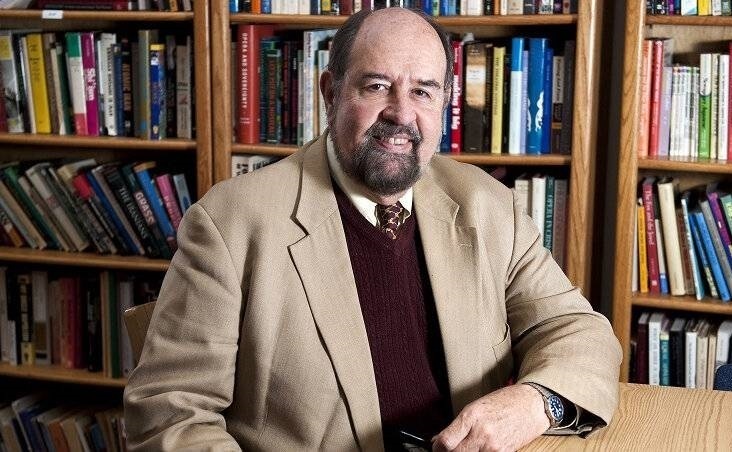
TEHRAN-TABNAK, Jan 07–William O. Beeman, Professor Emeritus of University of Minnesota, says the most important general development in the world in 2024 was the large international movement toward conservative governments.
He adds: “With few exceptions, voters throughout the world chose to elect more conservative leaders in reaction to world-wide inflation, and also in reaction to large-scale immigration that was seen as taxing national resources world-wide.”
Following is the text of the Tabnak interview with Professor William O. Beeman.
Q: What was the most important development in the world in 2024?
A: The most important general development in the world in 2024 was the large international movement toward conservative governments. With few exceptions, voters throughout the world chose to elect more conservative leaders in reaction to world-wide inflation, and also in reaction to large-scale immigration that was seen as taxing national resources world-wide.
There were some exceptions. Great Britain elected a Labor government, Mexico chose a more liberal president--Claudia Sheinbaum, and Iranian voters chose a reformist leader--Masoud Pezeshkian.
But in general the trend was toward governments that were opposed to more liberal governmental policies, opposed to immigration and support of refugees, and also more resistant to movements such as climate change mitigation, human rights intervention, and economic support for less-developed nations.
Resistance to Russian aggression, Chinese economic intervention in developing states, and dictators such as Victor Orban and Kim Jong Il were greatly reduced. The election of Donald Trump as President-elect of the United States is emblematic of this general political shift.
Q: What was the most important development in the Middle East in 2024?
A: The aggressive attacks by Israel, led by Netanyahu, on Hamas, Hezbollah, and threats to Iran and the Houthis in Yemen. The result was a destabilization of the Middle East. The fall of the Assad regime in Syria was one of the consequences because of the weakening of Hezbollah as a result of Israeli attacks and also the draining of Russian support as a consequence of their war in Ukraine. The Middle East is going to be reshaped as a result of this development.
Q: What do you think about the most important development in 2025 regarding Iran and the region?
A: Iran is going to have to rethink its international relations strategies in 2025 and beyond. With Donald Trump as President in the United States and an Iran-hostile Republican-led U.S. Congress, economically weakened Europe, a more hostile Israeli presence in the region, and greatly weakened allies, Iran has lost a great deal of power in protecting its national economy, regional political leadership, and its ability to negotiate on the international stage.
Iran is showing that it greatly needs additional infrastructure and would benefit from increased international trade, investment, and better relations with its neighbors. Using increased uranium enrichment as a "lever" to extract concessions from the West is now becoming largely ineffective as a political strategy. Some progress has been made in the region with improved political and economic relations between Iran and the Arabian Peninsula States, and this is promising for the future.
If Prime Minister Netanyahu were to pass from the scene, this would be an opportunity for Iran to renegotiate its positions vis-a-vis Israel, but as long as Netanyahu remains in power, he will continue to use Iran as a foil to cement his own power and to justify continued mistreatment of Palestinians under Israeli control.